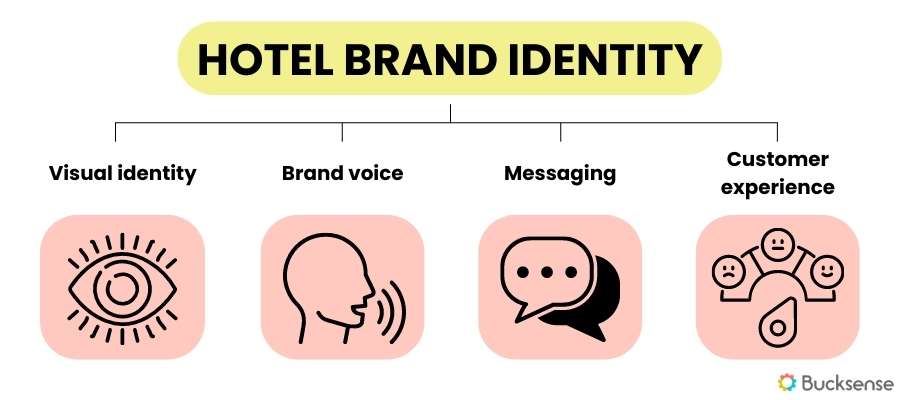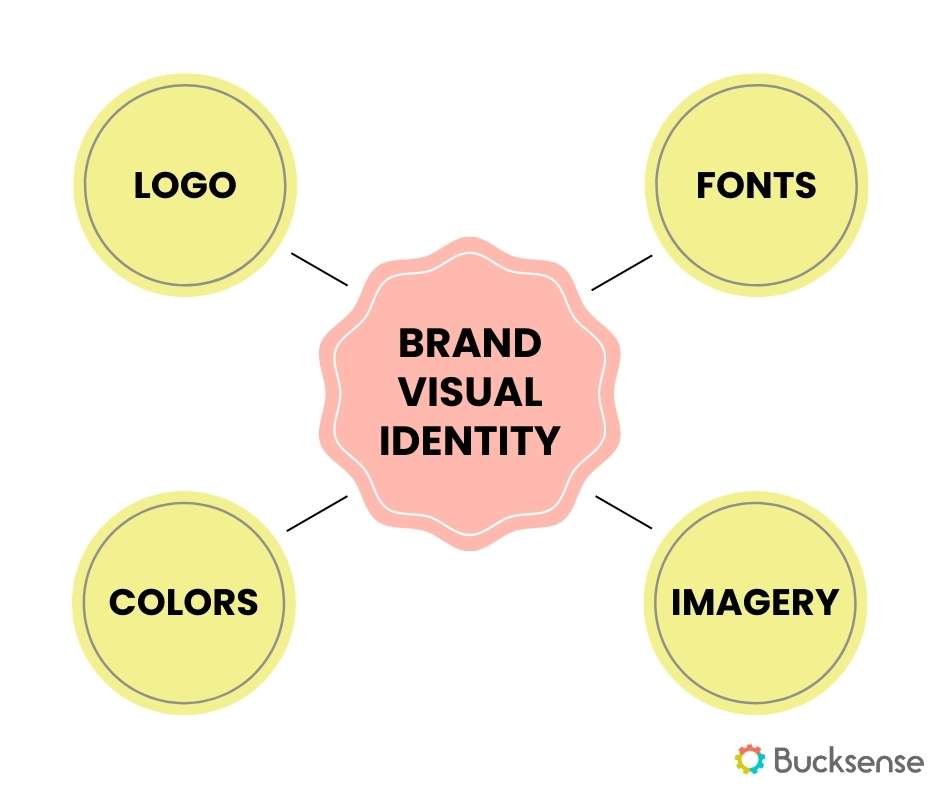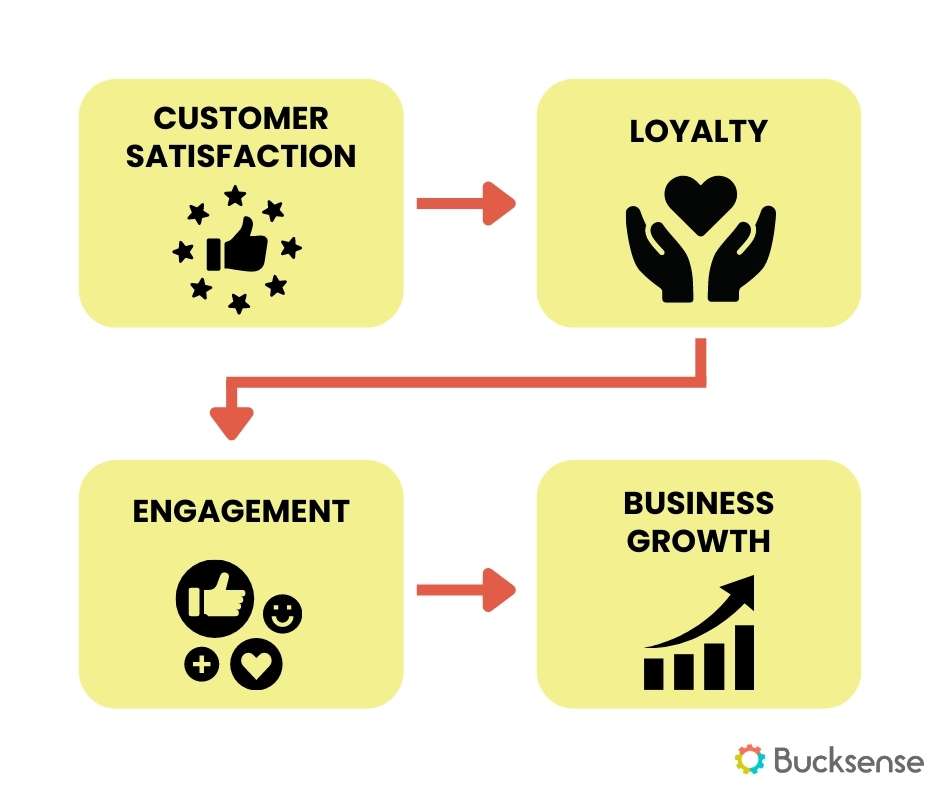As a hotelier, have you ever thought of your hotel as a brand? It’s not only a case of having a coherent image among clients and employees, but also of having values and expectations attached to any experience associated with the hotel. Some hotels – the Ritz is a classic example – are known worldwide for luxury as Rolls Royce is known in the automotive sector. Even people who have never visited a Ritz hotel know the brand.
What is hotel branding?
Hotel and hospitality branding is not so different from conventional corporate branding. The differences are related to the specific target audiences, messaging and visual identity.
Corporate branding in general refers to the way a corporation presents itself in public and how it appears to its own employees and stakeholders. A brand is thus a reflection of all the individuals related to it – not only the paying consumer. This means effectively communicating brand values, mission and ideas to shape impressions.
Consistency is key. However, being consistent is based on defining a very clear philosophy and sticking to it.
Building a hotel brand identity

Hotel branding is mostly about brand identity. In the hotel and hospitality world, competition is incredibly high so this is vitally important as a differentiating factor. Contrary to popular belief, competition in the hospitality industry is not only determined by proximity and price – identity plays a key part.
Brand identity in this sense is the image, ideas and associations that come to people’s minds when they think of your hotel. It is a set of expectations around what staying at the hotel will feel like. Moreover, it’s also like any other brand decision a consumer makes. It says something about them. They are the kind of people who choose to stay at X brand hotel rather than Y brand.
That’s why identity is much more than your logo. Rather, it’s defined by:
- Visual identity
- Brand voice
- Messaging
- Customer experience
Visual identity
Often mistaken as the sole part of corporate identity, this includes aspects such as the logo, brand colors, typography, and images. These need to be consistent in order to create unified imagery.
In the hotel and hospitality industry, visual identity needs to represent what your hotel stands for. Is it a luxury hotel? Maybe you should opt for clean and minimalistic lines, simple images and colors related to the values you want to portray. Or if it is a family-focused hotel, the imagery could be bright and child-friendly.

Brand voice
Brand voice refers to the personality created for the brand – the way brands communicate with their audience, whether guests, employees, suppliers or media. Each brand has a different personality and that needs to be reflected in consistent communication across all channels and audiences.
Note, however, the difference between brand voice and brand tone. While brand voice refers to personality, brand tone is related to the emotional influence when communicating with the audience. For example, imagine you are opening a new hotel in a different location. The tone chosen to deliver this message could be one of excitement or gratitude, while still maintaining the personality of your brand in the messaging.
Messaging
Brand messaging, according to Hubspot, is “the culmination of language, design, events, and philanthropic efforts that tell the story of who your brand is”. While brand voice refers to the personality of your brand, brand messaging specifies how the messages are delivered.
You need to determine the core message that you want to deliver in your hotel brand. What makes your hotel different? What are the main themes of your hotel brand and how do they apply in your message? Does your hotel have a tagline? Does it have an origin story? What is the founding philosophy and how is it expressed?
Customer experience

Delivering a unique brand experience is especially important in the hotel industry, as customer experience is critical to the continued success of the business. Hotels always strive to provide the best hospitality, to increase loyalty and to encourage repeat visits to the hotel. How is this done?
Things like personalization, offering special services or having a simple and easy booking process are easy wins to promote guest satisfaction. Such things need to be part of the overall brand and be consistent across all touchpoints, whether the customer is online, at the reception desk or just walking past the hotel.
7 steps to getting hotel branding right
There are many possible steps you can take, but these are some of the essentials:
- Outline your hotel’s mission, vision, values and objectives: what you stand for and your brand goals. This the first step in developing a consistent brand image.
- Definite your target audience. The key question is: who do you stand for? Knowing your potential guests is the first step to attracting them.
- Highlight your unique selling point (USP). This way, your marketing team can promote your value proposition to reach the right customers.
- Define your brand voice and messaging. You can create a chart that describes each trait of your brand, or try to define it in a few words.
- Create a visual identity. This will include a logo, colors, font and images.
- Establish your hotel branding guidelines and style guide. These documents guarantee total consistency when using your branding materials.
- Audit your brand. Make sure you measure and understand how your corporate identity is doing (how your target audience responds to it) and how you might improve results.
In short, your brand identity should be unique to your hotel and what it stands for. By managing the different aspects of your hotel brand identity, you will be able to position your business powerfully in the market.
Why is branding important in the hotel industry?
Hotel branding is crucial because it helps build customer loyalty, position the brand against competitors and represent the brand values and mission to your audience and stakeholders.
What are the key aspects of building a strong hotel brand identity?
To shape your own hotel brand identity, you need to build a visual identity, brand voice, messaging and create a customer experience that is true to your values and goals.










